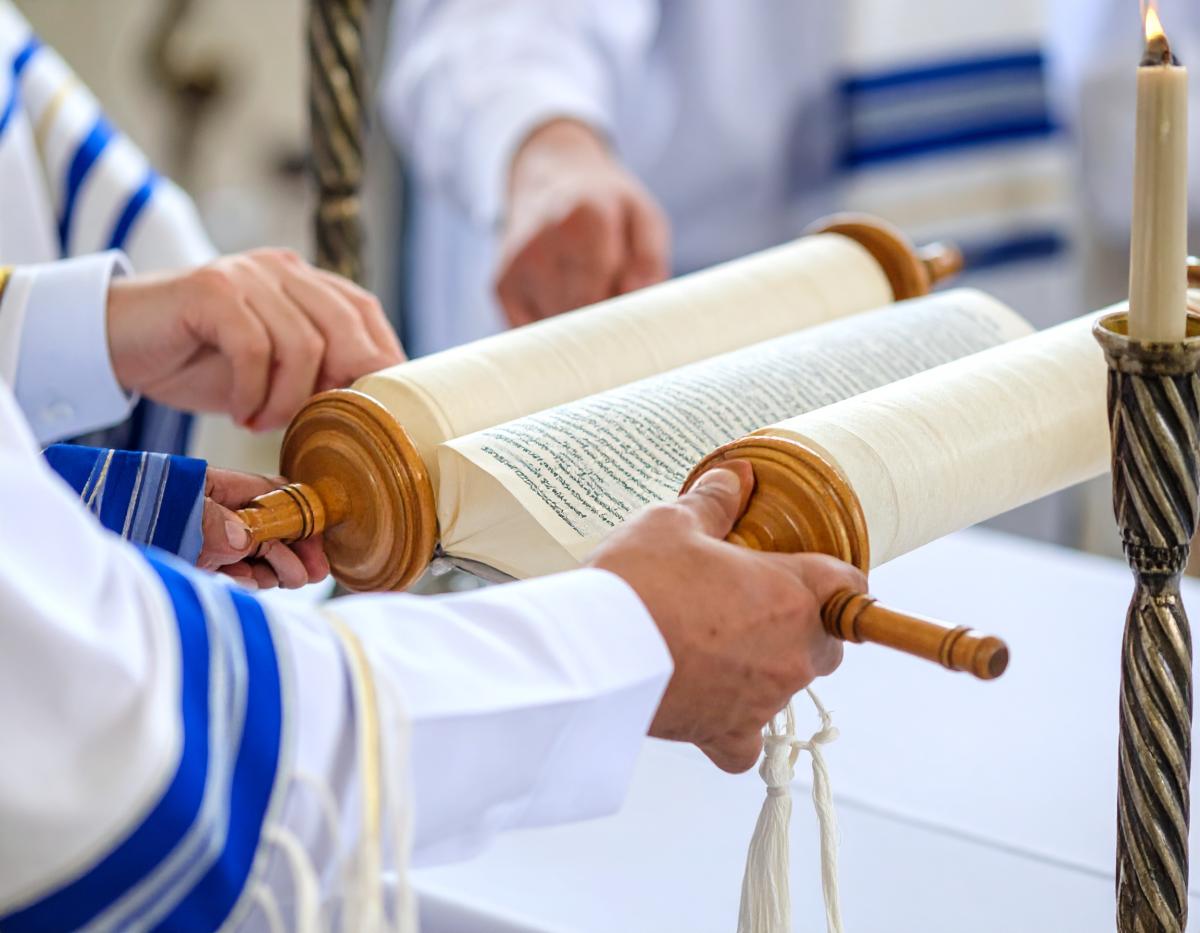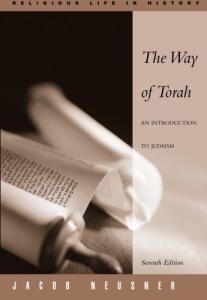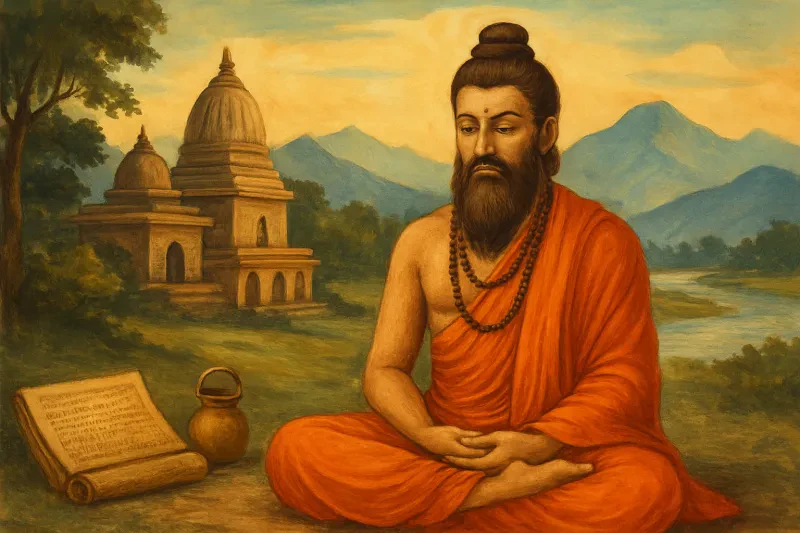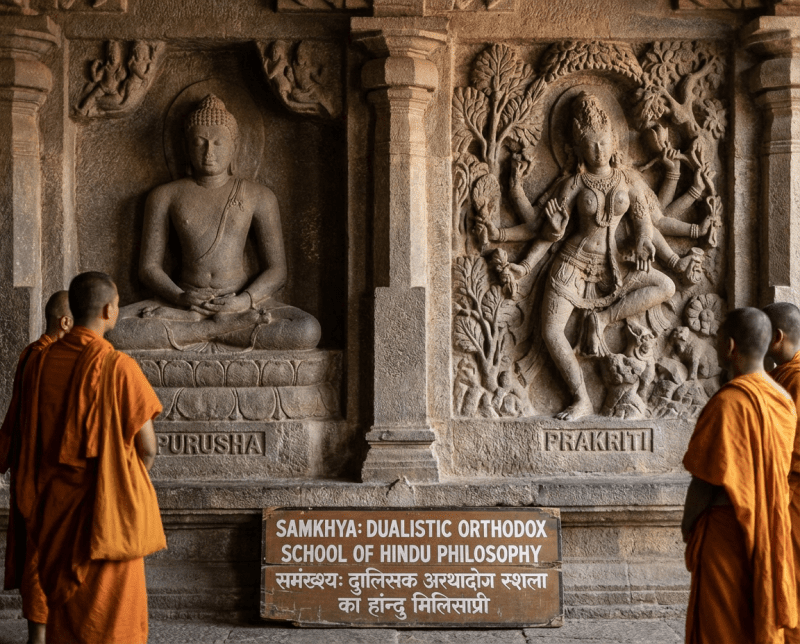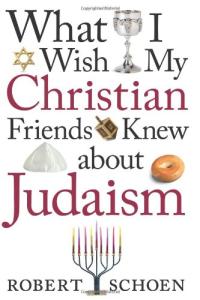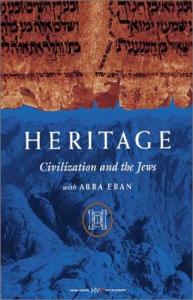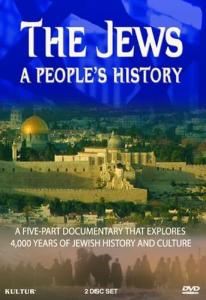For Jews, the Torah is not simply a text — it’s the foundation of their religion, their identity, and their existence. To appreciate its importance, we must get past defining it as “the first five books of the Bible.” The Torah is a living, breathing document — always being read anew, constantly being re-interpreted — shaping Jewish thought and practice for millennia.
The term “Torah” itself translates as “teaching or instruction.” This means not only the five books traditionally attributed to Moses – Genesis, Exodus, Leviticus, Numbers, and Deuteronomy – but also the entire body of Jewish law and tradition that emanates from them. These five books narrate the creation of the world, God’s covenant with Abraham, the Israelites’ enslavement in Egypt and subsequent escape, the revelation of the Law at Mount Sinai, and the Israelites’ wanderings in the desert toward the Promised Land.
Beyond the Narrative: Law and Covenant
The epic stories of the Torah are compelling and provide a rich backdrop of ancient history and mythology. Its legal portions are as important. These laws, known as Halakha, encompass all aspects of Jewish life, ranging from kashrut and Shabbat observance to family and civil law, as well as ritual. These laws are not just rules; they are the path to a life devoted to God and to constructing a righteous and ethical community. Not blind obedience but joining in a covenantal dance with God. This covenant, made at Mount Sinai, commits God and the Jewish people to one another in a mutual relationship of obligation.
Exegesis and Praxis
The Torah goes well beyond its literal words. For hundreds of years, Jewish intellectuals have studied and interpreted, producing an immense corpus of commentary and legal opinions. This process, known as Halakha, involves grappling with the intricacies of the text, weighing its historical context, and applying it to contemporary challenges. The Talmud, an enormous repository of rabbinic debate and interpretation of the Torah and other texts, is the monument to this ongoing hermeneutical project.
Various streams of Judaism — ranging from Orthodox to Reform — present strikingly distinct understandings and interpretations of the Torah. While varying in their traditional observance, all nevertheless share a deep reverence for the Torah’s teachings on how to live a meaningful Jewish life. This diversity attests to the Torah’s intrinsic malleability, its ability to adapt to the shifting conditions of the Jewish people over the centuries and around the world.
The Torah in Daily Life.
The Torah’s impact on everyday Jewish life is omnipresent. Its commandments and teachings mold prayers, rituals, holidays, and social interactions. The synagogue’s weekly reading of a portion of the Torah (parashah) keeps it alive and communal. The study of Torah, both individually and as a community, remains fundamental to Jewish learning and religious life. Even secular Jews tend to be impacted by the values and ethics of the Torah.
In Conclusion
The Torah is much more than history or religion. It’s a living, breathing source of law, ethics, and spirituality that has defined the Jewish people’s identity and existence for more than three millennia. It provides a lens for perceiving the world, relating to other people, and leading a meaningful life. Its continued study and interpretation will make it live on for generations to come.
The Way of Torah: An Introduction to Judaism
by Jacob Neusner
Product information
Product Review Score
4.72 out of 5 stars
21 reviews